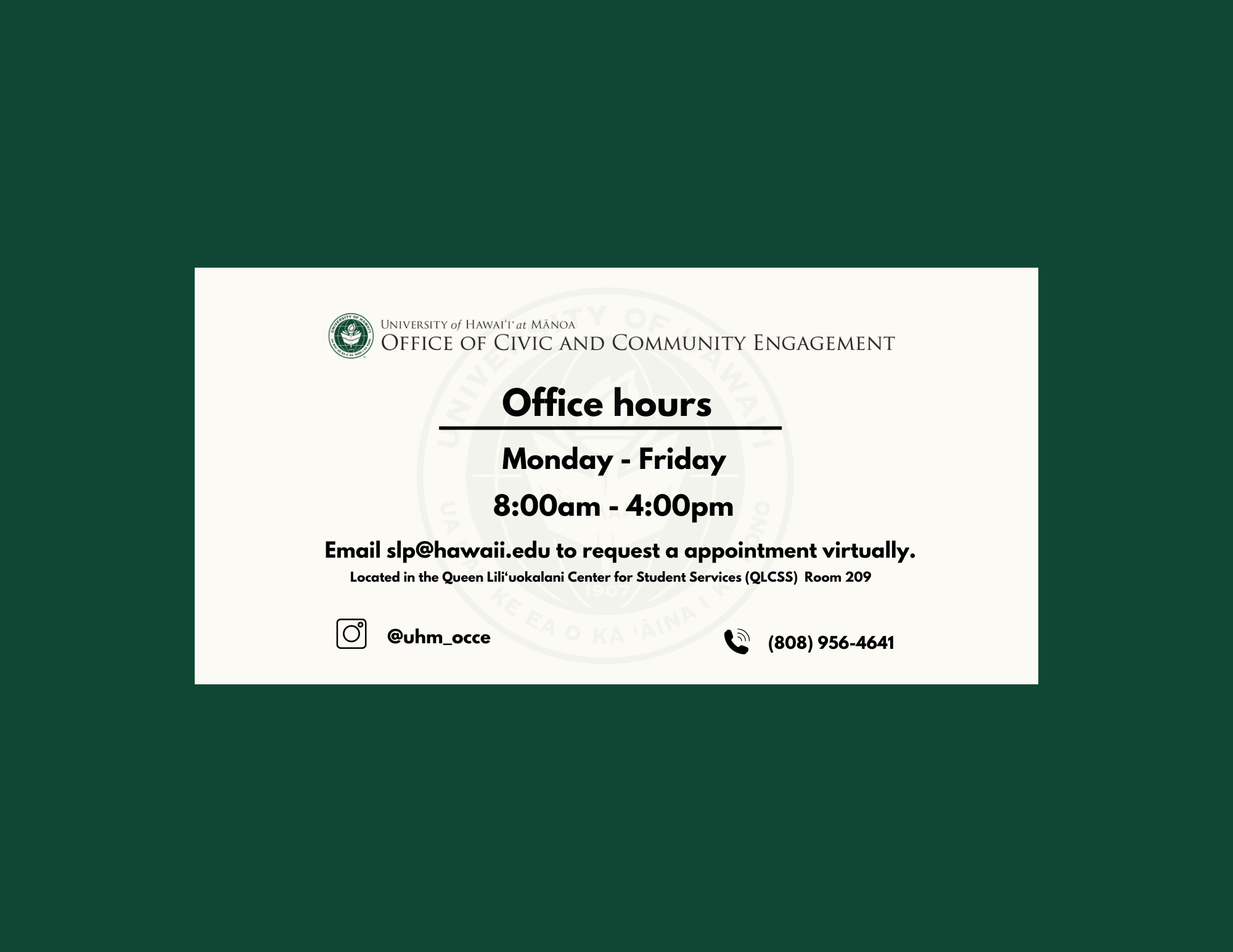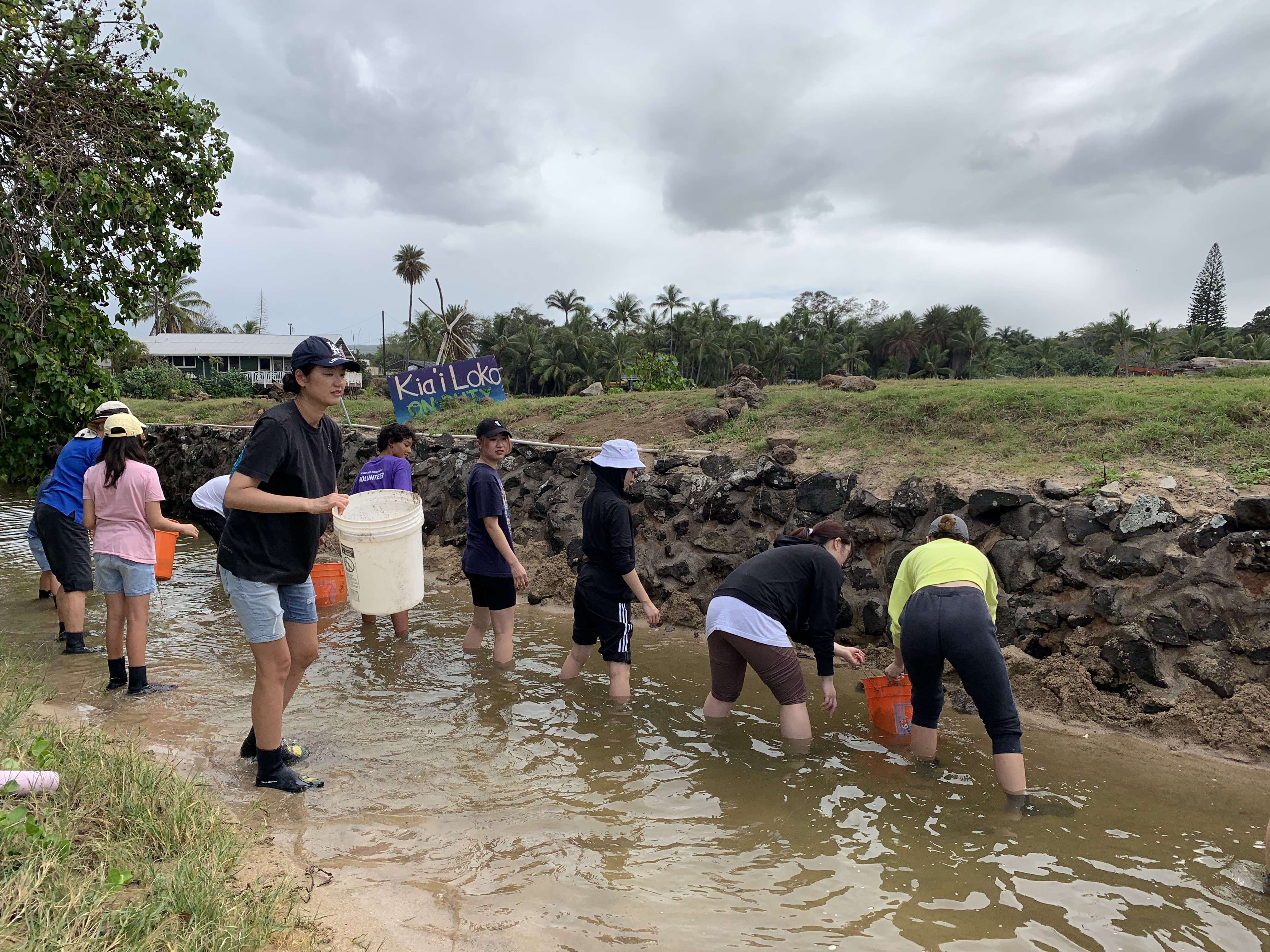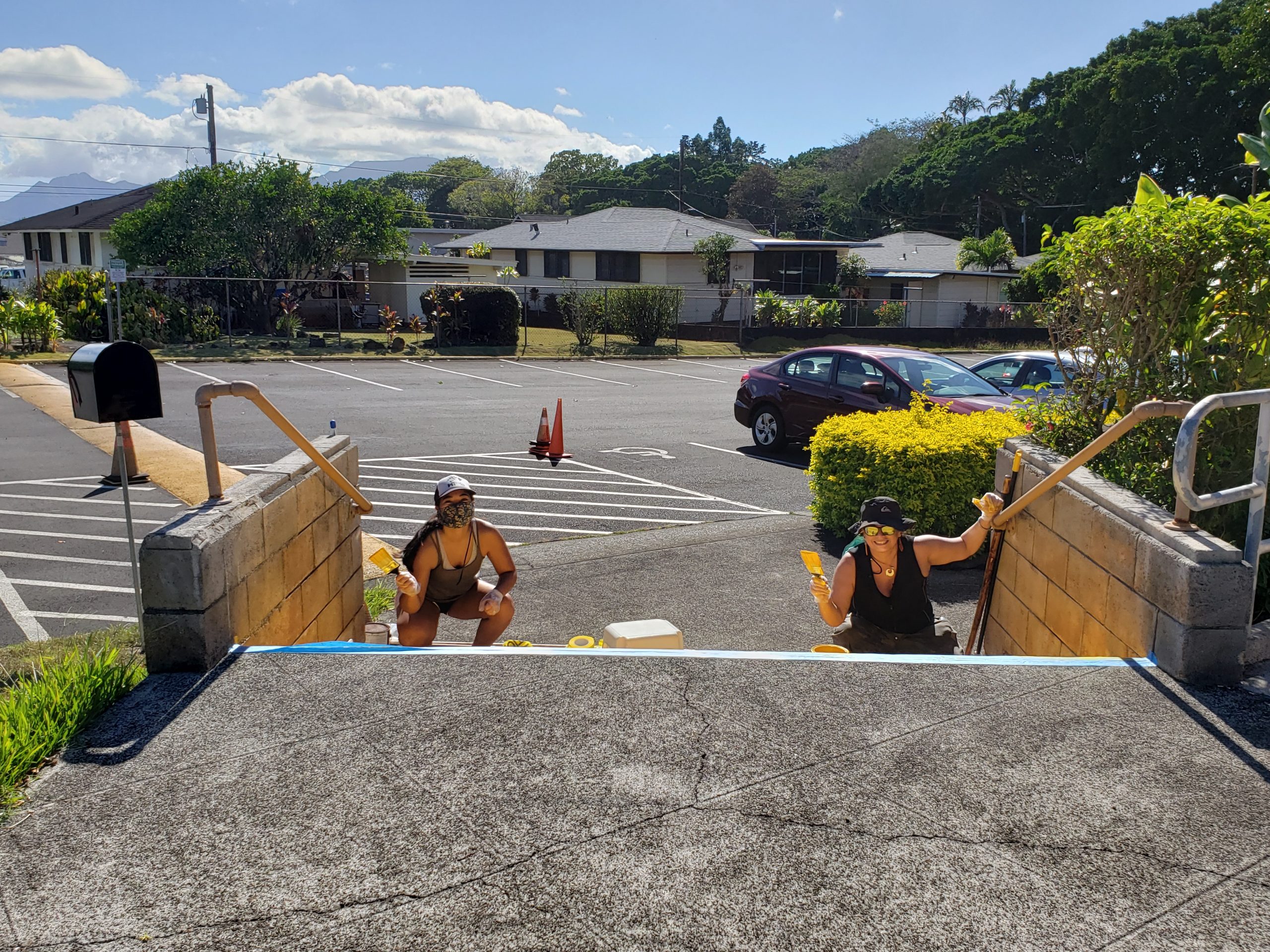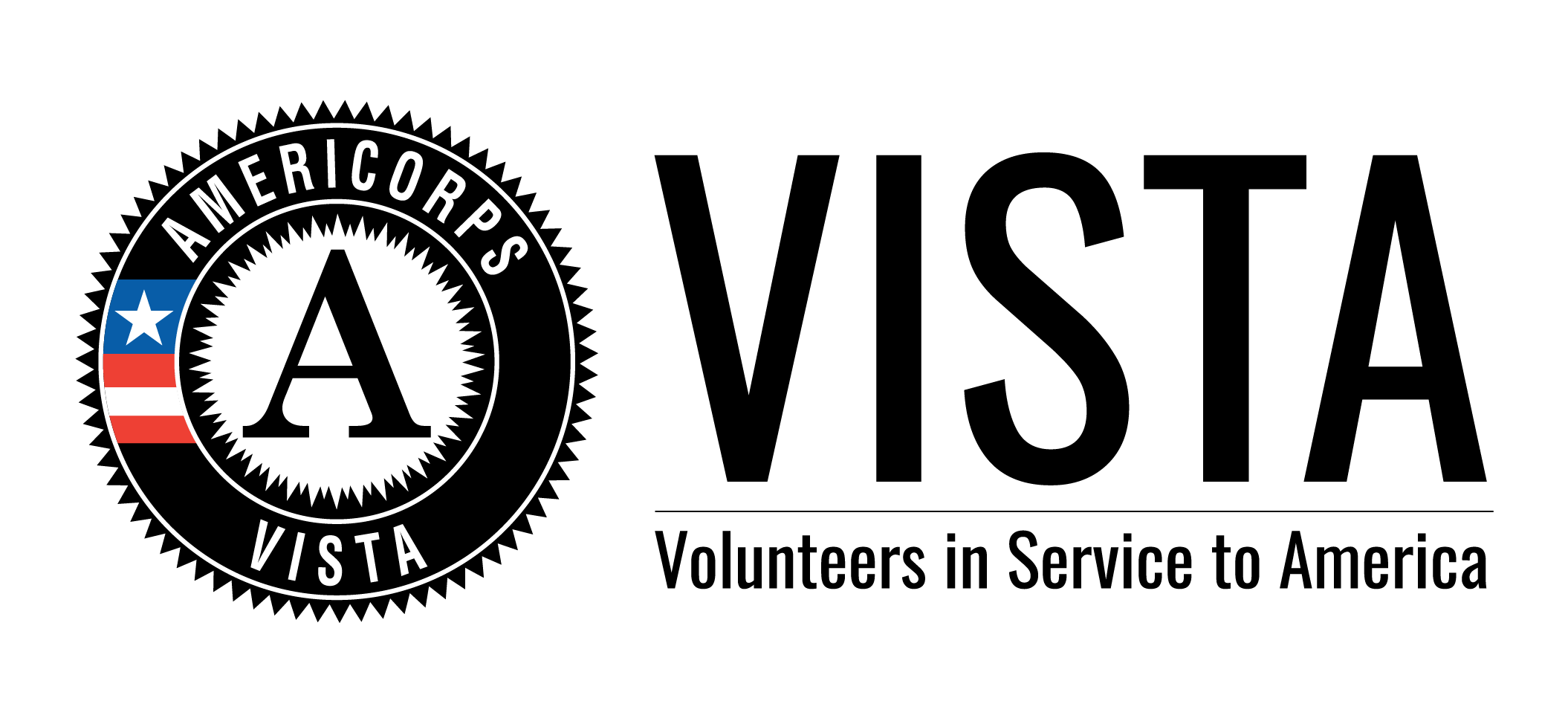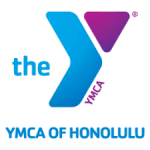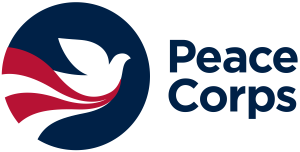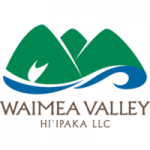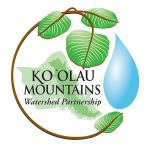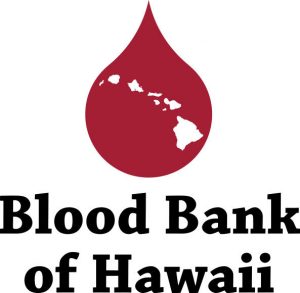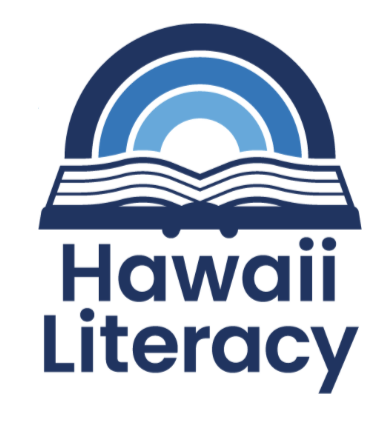Welcome to the Office of Civic & Community Engagement
Aloha! Welcome to the Office of Civic and Community Engagement (OCCE) at the University of Hawai'i Mānoa. Since 1994, our office has worked with students, faculty, and members of the community. The OCCE provides students with the opportunity to do service learning and volunteer with non-profits and government agencies in meaningful ways while furthering their education. We provide faculty with resources and assistance to integrate Service Learning Pedagogy into courses.
Civic Engagement
Civic Engagement means working to make a difference in the civic life of our communities and developing the combination of knowledge, skills, values and motivation to make that difference. It means promoting the quality of life in a community, through both political and non-political processes.
Civic Responsibility and Higher Education, ed. by Thomas Ehrlich, 2000 (Preface, page vi)
A morally and civically responsible individual recognizes himself or herself as a member of a larger social fabric and therefore considers social problems to be at least partly his or her own; such an individual is willing to see the moral and civic dimensions of issues, to make and justify informed moral and civic judgements, and take take action when appropriate.
Civic Responsibility and Higher Education, ed. by Thomas Ehrlich, 2000 (Introduction, page xxvi)
What is Service Learning?
Service Learning combines the best of active learning and citizenship by connecting course content with service projects that contribute to the greater good. It is a powerful way of understanding course material by learning from experience.
Service Learning can help
- To develop personal and social responsibility
- To develop leadership ability and critical thinking skills
- To improve your knowledge of academic subjects
- To expand your world view
- To develop skills for future employment
Preparing for the Real World
Service Learning is all about connecting what you're learning in class to the real world. It helps you find relevance in the material you're learning, and exposes you to real-life situations to enhance your understanding. We hope you'll find that the four walls that separate the classroom outside of college suddenly become less daunting after you engage in a service learning project.
Maui Aid Efforts
The devastating fires in West Maui, Kula, and Kihei have left many without homes, resources, and access to said resources, here are some ways to help the efforts. Here's how you can donate.

